Roses in compost
drayven
15 years ago
Related Stories

SPRING GARDENINGHow to Grow a Rose Garden in Pots
Everything can come up roses, even without a plot of soil in sight. This step-by-step guide to growing roses in containers shows you how
Full Story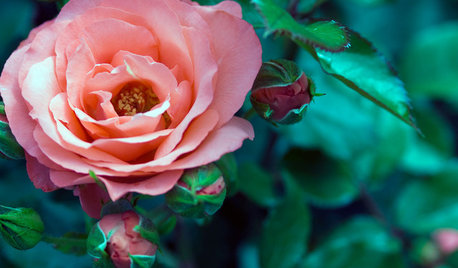
GARDENING GUIDESLearn the Secret to Bigger and Better Roses
Grow beautiful roses using both ordinary and unusual soil amendments
Full Story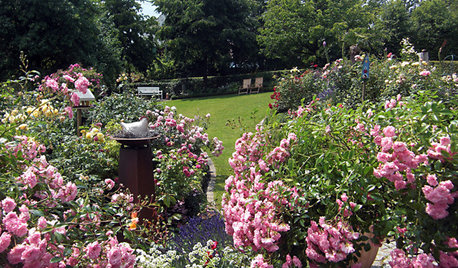
GARDENING GUIDES5 Sweet to Spirited Pink Roses for an Enchanting Garden
Whether you go demure or daring, there's a pink rose here to make you flush with garden pride
Full Story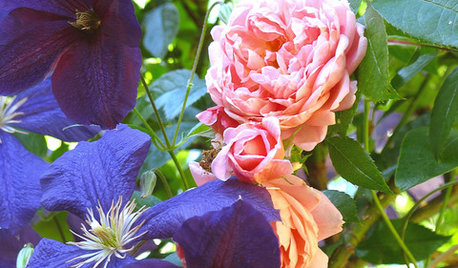
PLANTING IDEASGreat Garden Combo: Rose + Clematis for Small-Space Impact
We all need somebody to lean on. And when a rose supports a climbing vine, the results can totally transform a small garden
Full Story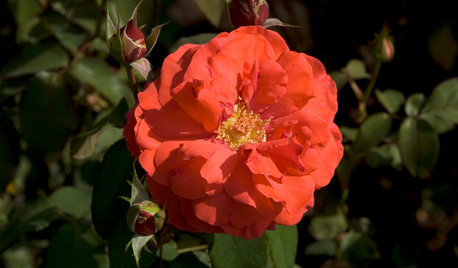
GARDENING GUIDES6 Captivating Roses for an Alluringly Fragrant Garden
Perfume your garden with aromas from richly spicy to lightly sweet, without sacrificing an inch of color
Full Story
WINTER GARDENINGPruning Secrets for Exquisite Roses
Encourage gorgeous blooms year after year with this time-tested advice on how to prune your rosebush in winter for health and shape
Full Story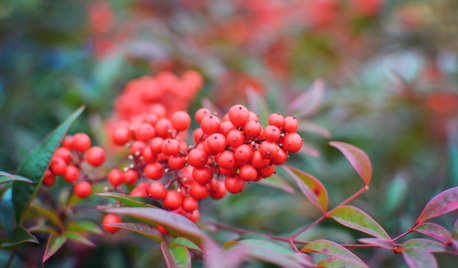
GARDENING GUIDESMid-Atlantic Gardener's January Checklist
Scatter berries while ye may, be kind to your fair-feathered friends and try a time-saving compost trick that will keep you out of the cold
Full Story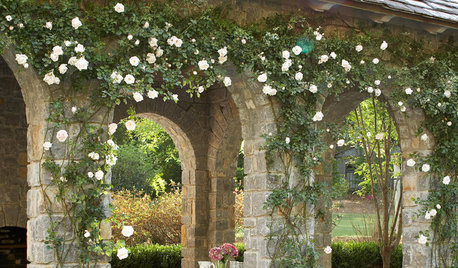
GARDENING GUIDESGreat Design Plant: Rosa Banksiae a Low-Maintenance Beauty
This thornless, disease- and insect-resistant rose brings showers of white or yellow flowers to the spring garden
Full Story
GARDENING GUIDESSouthwest Gardener's April Checklist
Welcome the return of roses and herbs, and consider a new use for vines as you rejoice in your newly green spring garden
Full Story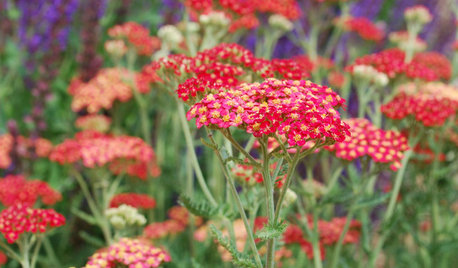
GARDENING GUIDESTexas Gardener's February Checklist
Show roses some love around Valentine's Day and set the stage for future garden growth with seeds and starts
Full Story






leira
digdirt2
Related Professionals
Ballenger Creek Landscape Architects & Landscape Designers · Oatfield Landscape Architects & Landscape Designers · Palm Springs Landscape Architects & Landscape Designers · Amesbury Landscape Contractors · Laguna Hills Landscape Contractors · Lebanon Landscape Contractors · Medford Landscape Contractors · Pacifica Landscape Contractors · Paramus Landscape Contractors · St. Louis Landscape Contractors · Sugar Hill Landscape Contractors · Boston Decks, Patios & Outdoor Enclosures · Gastonia Decks, Patios & Outdoor Enclosures · Liberty Decks, Patios & Outdoor Enclosures · Santa Monica Decks, Patios & Outdoor Enclosuresgardengal48 (PNW Z8/9)
bpgreen
Kimmsr
david52 Zone 6
harryshoe zone6 eastern Pennsylvania
pkapeckopickldpepprz
reg_pnw7
buford
spring_60
toxcrusadr
Mike (9b)